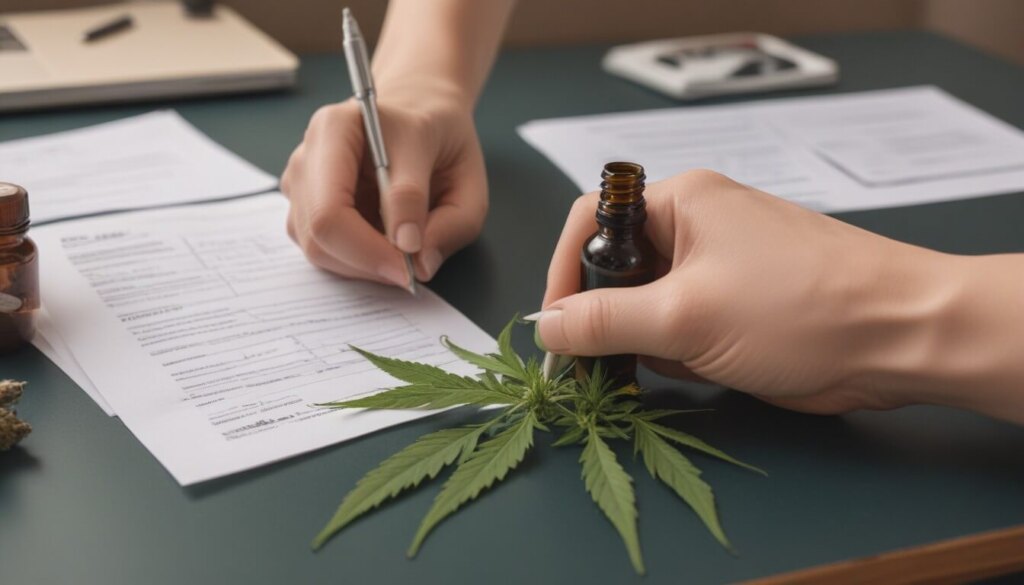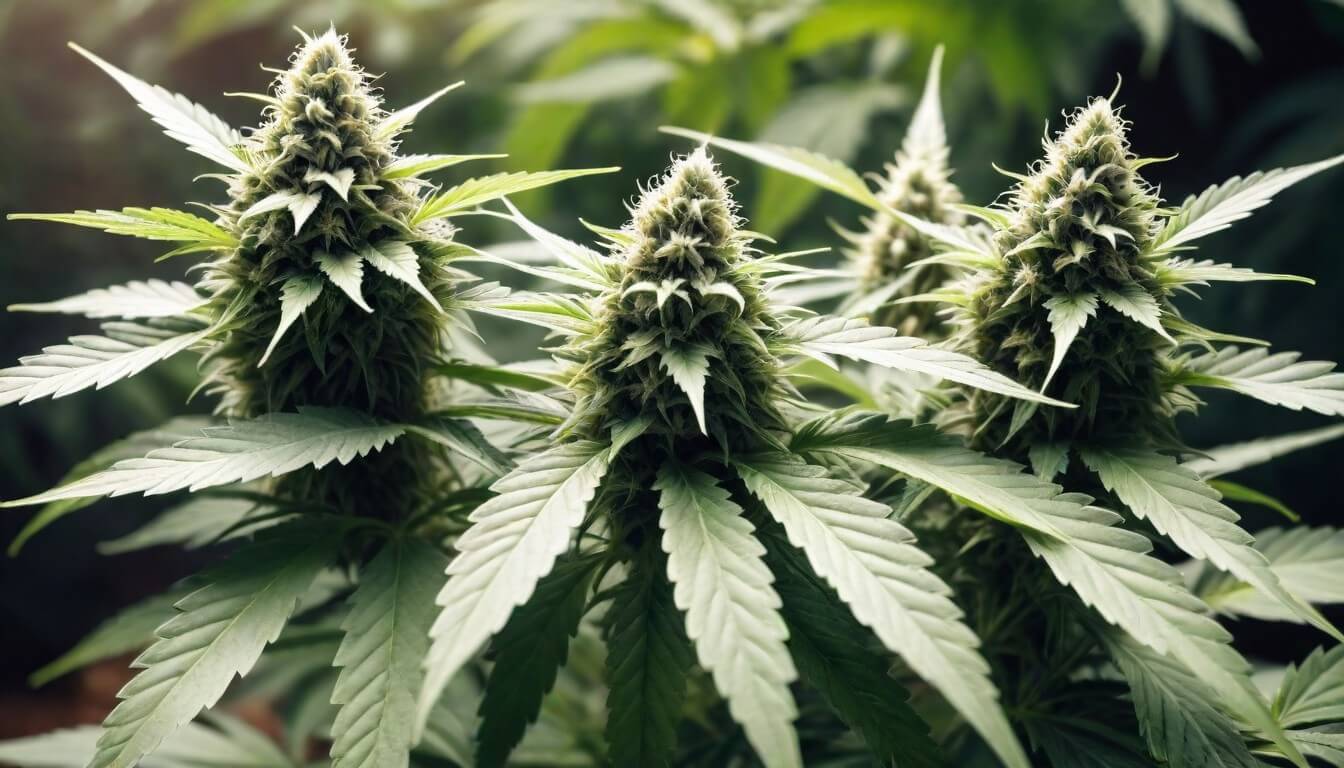Move over CBD, there is a new non-intoxicating cannabinoid derived from cannabis that may help treat certain inflammatory and neurodegenerative diseases better. Interestingly enough, that cannabinoid is also responsible — under modifying conditions — for the intoxicating high that many enjoy when consuming marijuana. Both key compounds in cannabis, let’s explore the main differences between THCa vs. CBD.
THCA vs CBD: An Overview
THCa
You’re running through a field of cannabis plants, you pluck a flower off, and can’t wait to feel that classic creative and euphoric high. But then, nothing happens! This is because the cannabinoids in cannabis have a carboxyl group of acids attached to them that prevents cannabinoids like delta-9 THC from activating and overstimulating CB1 receptors — needed to engender the high. However, there are many receptors in the body, and some ‘accept’ THCa’s molecular structure. Sometimes, this activates them, or more often, in THCa’s case, it inhibits them.
CBD
Interestingly enough, while CBD products are often associated with interacting with the endocannabinoid system (ECS), like THCa, many of the effects and benefits of the cannabinoid CBD, itself, may come from its interactions with non-endocannabinoid receptors. Like THCa, CBD interacts with vanilloid receptors, though it activates them instead. Compared to THCa, research has shown CBD likely has more therapeutic potential, however, a combination of them, in the correct ratio, may prove best for many conditions.
Comparing THCA and CBD: Chemical Structure and Effects
THCa is pretty similar to THC in structure, however, it has a second tail thanks to the carboxyl group (-COOH) that attaches to the carbon atom next to the double bond in the cyclohexene ring. That double bond is pretty important by the way when comparing delta-8 to delta-9 THC. But it’s even more so with THCa vs. THC since there is no intoxication, unlike with delta-8’s effects.
Where CBD has a hydroxyl (-OH) group attached to the third carbon atom in its side chain, THC lacks it. Doesn’t seem like much, but this seemingly nuanced difference allows cannabinoids to interact with different receptors, enzymes, etc., in various ways. So, while they may have overlapping benefits, how they achieve them can be very different. If all this molecular talk seems confusing, just look up a picture of cannabinoids and their molecular structures, and it will make way more sense.
THCA vs CBD: Legal Status and Accessibility
Despite the ability to simply apply heat from a lighter to a THCa-rich cannabis flower, giving it the ability to cause a euphoric high, THCa and CBD products have the same restrictions on a federal level — just make sure there is no more than 0.3% delta-9 THC. Now, the U.S. Department of Agriculture requires cannabis plants to be tested for total THC no further than 30 days before harvest. This is pretty easy to get around. You can simply harvest early so plants can be tested before they even start to flower. You could also grow strains that don’t start pumping out lots of THCa until late flowering.
Both THCa and CBD products are fairly easy to get, however, THCa and its ability to quickly turn into an illegal item makes it a cause for concern. If you live in a state that bans recreational marijuana use, please be careful using THCa products, but while they are legal one second, they may not be the next.

Consumer Considerations: Choosing Between THCA and CBD
While both are federally legal, if you’re looking to play it safe and avoid a legal grey area, CBD products are going to be your winner. If you’re looking to take advantage of the 2018 Farm Bill, then you may prefer THCa products that are legal but can quickly cause a high. Though, I can’t express how careful you should be. However, you don’t have to turn that THCa product into a federally illegal one to enjoy its therapeutic benefits, which both research and anecdotal reports show have their own pros and cons to decarbed THC.
It’s important to remember with cannabis items that many are full spectrum and contain the full range of cannabinoids and terpenes cannabis plants have to offer. And that brings up a great point, which is that we should strive to find what ratio of cannabinoids works best in, as a ratio of both THCa and CBD is likely indeed best.





